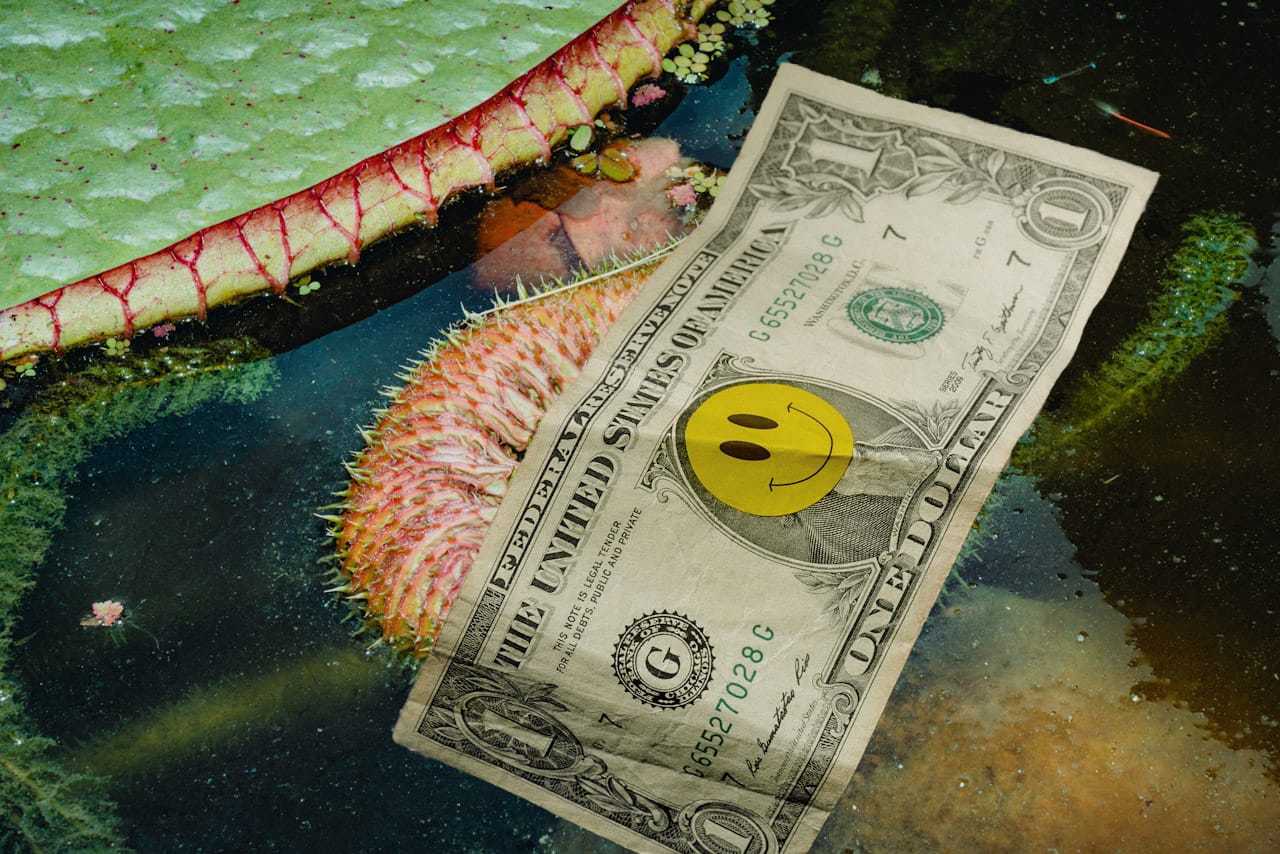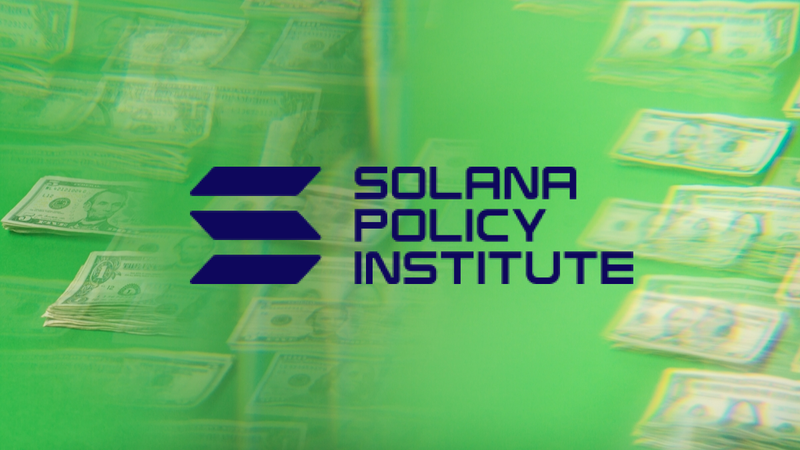Roman Storm Should Not Be Acquitted, Government Says
"The jury reasonably concluded that Tornado Cash transferred funds," the Government states.
In October, Tornado Cash developer Roman Storm, who was found guilty of conspiring to operate an unlicensed money transmitter earlier this year in the Southern District of New York (SDNY), filed a motion for acquittal on all counts.
At trial, the jury was unable to come to a conclusion on whether Storm conspired to commit money laundering and conspired to violate US sanctions, resulting in a deadlock.
Now the Government has filed its opposition, arguing that Storm's motion for acquittal should be denied because Tornado Cash did transmit user funds – a finding which appears at odds with FinCEN guidance, the opinion of senior FinCEN employees, the opinion of members of Congress, and the Department of Justice itself.
Non-Custodial Services Transfer Funds
Storm's conviction on money transmission charges has been widely contested, with many referring to 2019 FinCEN guidance which exempted non-custodial services from money transmission laws – as non-custodial services do not hold or transfer funds on behalf of the public.
"The jury reasonably concluded that Tornado Cash transferred funds," the Government now writes in its opposition.
"For Tornado Cash deposits, the [user interface] merely 'reads' the blockchain [...] and does not 'write' to it," the Government describes the software. "According to the defendant, this means that it is the 'user’s wallet [that] conducted transactions on the blockchain,'" which the prosecution finds "both factually wrong and irrelevant."
"The withdrawals are transfers of funds that are performed exclusively by Tornado Cash, not the user’s wallet," the Government opines, concluding that "nothing about the defendant’s characterization of these transactions undermines the abundant evidence in the record from which the jury could have concluded that the Tornado Cash service transferred customer funds."
The Government concludes that "the Court should adhere to its prior ruling that custody is not a requirement of the statute and reject that argument," referring to a pre-trial conference in which judge Failla stated that "a control requirement is not in the statute and this court is not going to read it in."
Failla continued to be unpersuaded that the custody issue was important to the charges against Storm, even in light of the US Government's case against the Bitcoin privacy wallet Samourai Wallet unearthing communications between prosecutors and the regulatory agency FinCEN – which is in charge of assigning money transmission licenses – showing senior FinCEN employees explicitly telling SDNY that "a mixer like Samourai that does not take custody of the cryptocurrency by possessing the private keys would strongly suggest that Samourai is not acting as an MSB."
Failla ultimately barred Storm from bringing FinCEN up at trial at all, as the Government dropped the allegation that Tornado Cash had to register with FinCEN.

Services that don't need a License can be held Liable for Licensing Violations
After dropping the federal licensing violation, the Government continued to argue that Storm could be held liable for knowingly transmitting illicit proceeds under a sub-clause of money transmission law.
But, as Storm argued in his motion for acquittal, the applied money transmission sub-clause "does not operate, like the government would have it, as a standalone prohibition on conduct related to the transfer of funds. [...] Subsection (b)(1)(C) only applies to money transmitting businesses that are federally registered."
Similarly, CoinCenter CEO Peter van Valkenburgh pointed out that, "if I can be 'unlicensed' because of conduct described in (b)(1)(C) but no state or federal agency licenses that conduct then how in god's green earth am I unlicensed?"
The Government appears to see no fault in its logic of convicting a developer for licensing violations without claiming he needed to be licensed, arguing that "this argument bears little mention as it cannot be squared [...] with common sense."
"The definition of 'money transmitting business' as defined by the Bank Secrecy Act [...] does not apply to or limit the scope of the other prongs," the Government argues, stating that "the defendant’s reading of Section 1960 would have absurd results: it would mean that a business could move unlimited illicit proceeds so long as it was doubly deficient by failing to register with FinCEN or a state".
The Government concludes that the "provision applies to both registered and non- registered money transmitting businesses; it is simply another, separate, ground to hold businesses criminally liable."
In pre-trial proceedings, Failla had warned prosecutors that "you [...] are walking a really fine line" with the unlicensed money transmission charges, "not to mention the craziness of what the charge looks like" after the Government chose not to pursue a federal licensing violation.

Convicting Developers for Writing Code does not Violate the First Amendment
In his motion for acquittal, Storm argued that his prosecution violated the First Amendment, which has long been held to classify code as speech. According to the defense, the Government essentially argued that the Tornado Cash developer should have built a wholly different service to avoid criminal charges, which would in turn criminalize any developer's right to free expression.
"The government’s arguments at trial also reflected 'disagreement with the message [the speech] conveys,' [...] given the repeated arguments that the decentralized nature of Tornado Cash indicate it was designed for criminals rather than to provide privacy for users," the defense highlighted.
"Remember, when the defense says privacy, what that really means is hiding money for criminals, not providing privacy to regular people," the defense cited the prosecution. The Government continues to describe Tornado Cash as "a haven for money launderers," despite the fact that merely 10% of overall volume on Tornado Cash was found to be illicit.
"The premise of his argument—that he is being prosecuted for expressive conduct—is simply wrong," the Government now counters. "This prosecution and the evidence at trial related to the function of the computer code that operated Tornado Cash, i.e., the way that it 'facilitated a user’s transaction on the blockchain,'" the prosecution cites Universal City Studios, Inc. v. Corley, which, according to the advocacy group CoinCenter, "is no longer good case law in the Second Circuit and the Supreme Court."
The Government does not intend to criminalize privacy, the opposition filing states – instead, "the Government has substantial interests in combating the laundering of criminal proceeds and restricting transactions involving property of actors that have been determined to be a threat to national security," which it finds "unrelated to any interest in suppressing free expression."
According to the Government, Storm had argued that alternatives exist to holding software developers accountable, such as mandating users of Tornado Cash to maintain their own records of transactions and submit them to cryptocurrency exchanges.
"If such 'alternatives' could be used to sustain an as-applied challenge to a criminal prosecution, the Government would never be able to enforce these laws against large-scale illegal money transmitters and money launderers," the Government concludes.
Independent journalism does not finance itself. If you enjoyed this article, please consider making a donation. If you would like to note a correction to this article, please email corrections@therage.co









